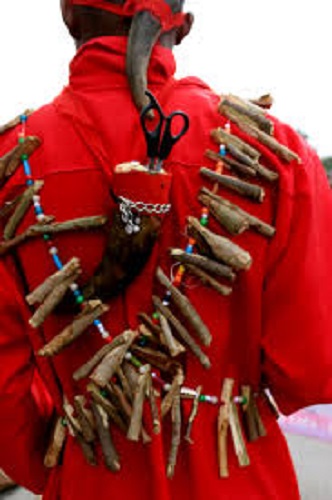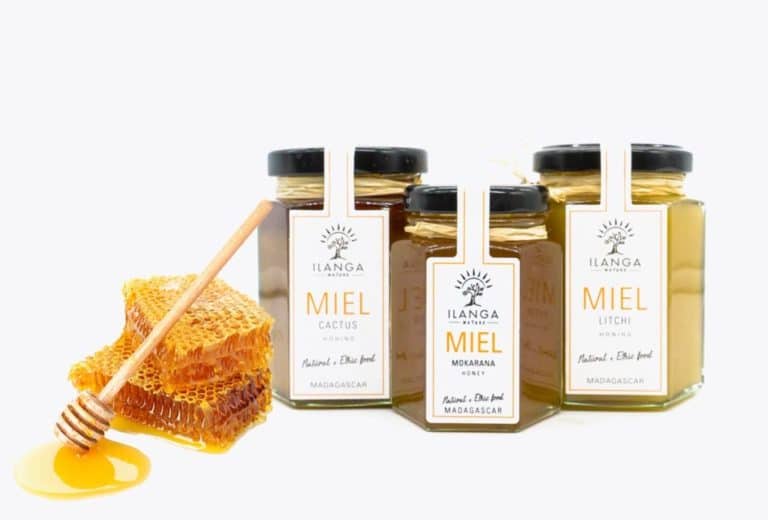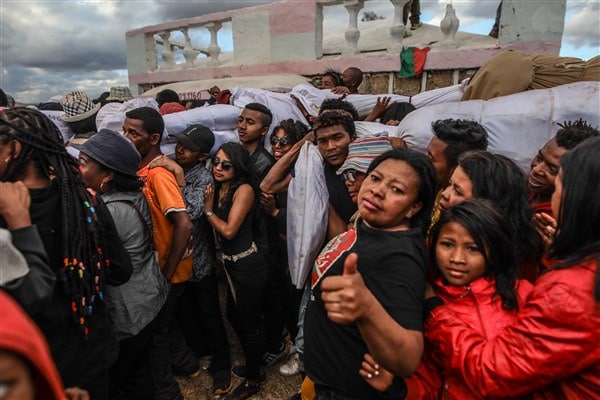Marriage in Madagascar is important for the families, and there are also very different customs among the various tribes.
There are usually three different aspects:
The Malagasy traditional marriage in Madagascar: a very interesting culture
Traditional marriage is essential for the Madagascans and getting married in Madagascar is completely different compared to Europe. In order for the marriage to be complete, both civil and religious marriages are required. You will find that this culture is very interesting and will give you a good understanding of the Malagasy family.
Originally ...Vodiondry" is the name for the traditional marriage. In the literary sense, it is the croup of a sheep. The part that is given to the elders to pay tribute to them. For the Malagasy, the marriage proposal is not only addressed to the desired girl, but also to their duly gathered family. Meeting a woman to whom one has not yet given the vodiondry is frowned upon in society. To propose marriage is a sign of respect for the family of both parties.
The marriage proposal
Before the vodiondry there are two steps to follow: The first is the "fiantranoana" (entering the house). This is the step where the suitor meets the family of the desired to ask their permission to ask for their hand. If they agree, then one can proceed to the second step, which is "fisehoana" (introduction). This is the first time that the young man's family contacts the girl's family. The two parties then set the date for the continuation of the tradition. In the past, the date was set after consulting the "mpanandro" (astrologer). He determines the correct day based on the "vintana" (astrology) of the two future spouses.
The course of a traditional wedding in Madagascar
As soon as all applications have been submitted, the Marriage in Madagascar begin. The basis for this is the "Kabary".
This is a sequence of speeches that can last several hours, with two almost opposing participants who speak to each other according to a code that has been established since time immemorial. The first participant is the speaker of the petitioner, on the side of the young man's family. The second participant is the speaker of the requested party, on the side of the girl's family. The abilities of these speakers reflect the image of the family. The 
During this speech contest at the wedding in Madagascar, there is a monetary donation for the applicant's future in-laws. There are at least three envelopes to be given (parents, brothers and uncle of the girl).
The money does not mean to sell their own child, but to compensate for his absence, since the girl does most of the housework at home. To end this tradition and to lighten the atmosphere a little after long speeches, everyone gathers around a good meal.
After the wedding, the two young people are considered married in the eyes of society and the girl can return to her family-in-law. Sometimes it happens that the two families cannot agree and the wedding is canceled or postponed. This is a shame for the applicant's family. It is worth mentioning that each ethnic group has its personal touch during this wedding.
-
2 The marriage at the registry office
Marriage in most African societies cannot be defined by a specific event. The transition from single to married takes place through some formal and informal steps that are considered legitimate by the whole society. Thus, ceremonies follow one another, from the exchange of family consents to the presentation of the marriage certificate, from the beginning of cohabitation to the birth of the first child.
The officially recognized marriage takes place at the registry office and corresponds to a marriage in Europe.
-
3 Church marriage in Madagascar
Church marriage is not always observed, it can also be as diverse as the myriad of Christian and non-Christian faiths.
-
Marriage between European men and indigenous women.
Mixed marriages are very desirable in Madagascar and it is a common privilege when a young woman finds and marries a European man.
Therefore, 99% of expats are married to native women and in most cases, that is, when there is mutual consideration and respect, these marriages are long-lasting. The women often seek more affective stability which is rather difficult to find in purely native marriages.
The opposite, i.e. European women with local men, is rare.
Here are some exciting travel suggestions...


Wedding location Madagascar
Wedding location Madagascar - Your wedding in paradise You are looking for

Honeymoon in Madagascar - Hotel Ravintsara Wellness & Spa ****
Madagascar - a honeymoon in paradise A honeymoon in Madagascar offers

















